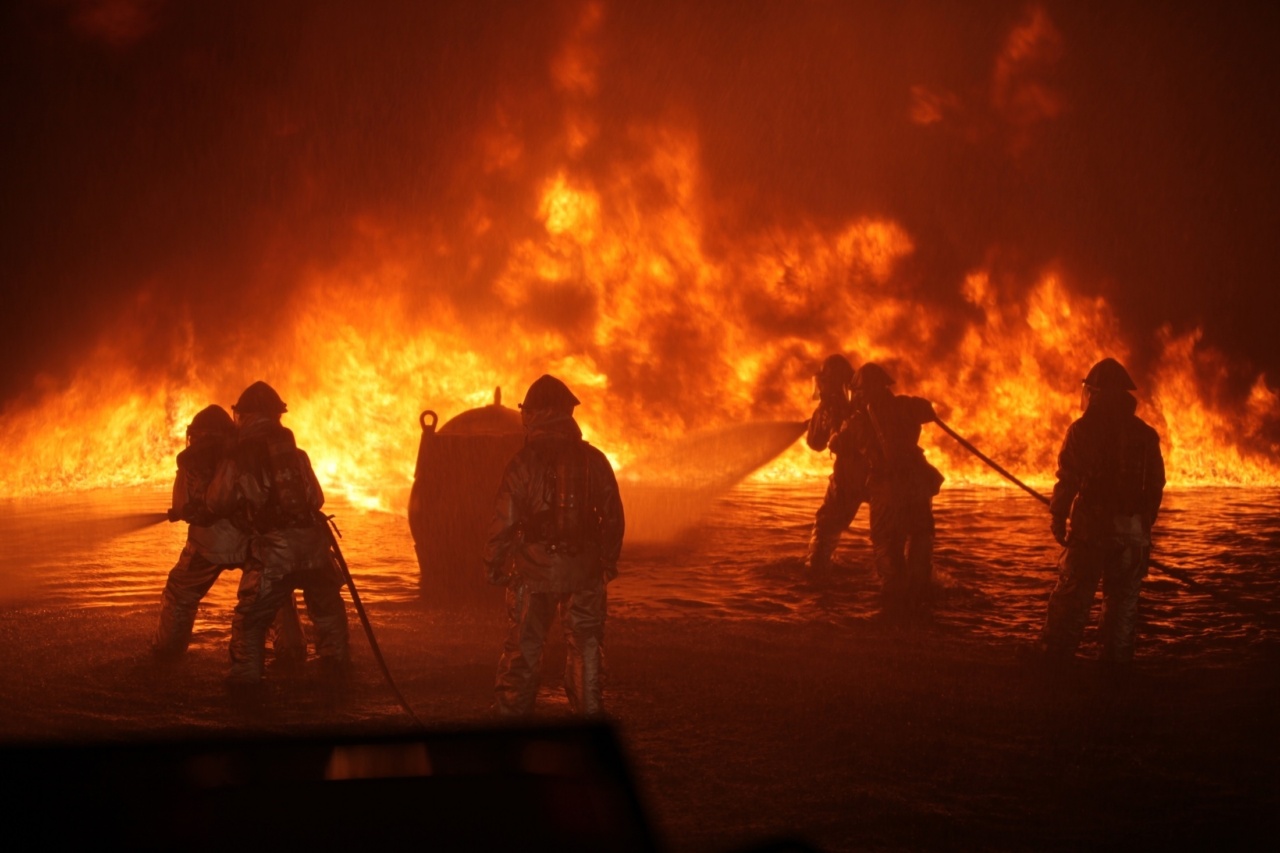Summers are getting hotter, and this trend is expected to continue in the coming years.
While we all enjoy the sun and warm weather, the high temperatures can be dangerous for vulnerable populations, including the elderly, infants, children, pregnant women, and those with pre-existing medical conditions. Heat waves have already caused numerous fatalities in different parts of the world. Therefore, it’s crucial to take action to protect those who are most at risk.
Here are some tips on how to safeguard vulnerable individuals from heat-related illnesses.
Stay Hydrated
Drinking plenty of water is essential to avoid dehydration. When it’s hot, the body loses fluids faster than usual, and a lack of hydration can lead to serious health problems.
Therefore, caregivers and family members should ensure that vulnerable individuals drink enough water throughout the day. They should also avoid drinks that contain caffeine, alcohol, or excessive sugar, as these can worsen dehydration.
Avoid the Sun and Heat
Limiting exposure to the sun and heat is another effective way to prevent heat-related illnesses. If possible, vulnerable individuals should stay indoors during the hottest hours and avoid going out when the sun is at its strongest (between 10 a.m.
and 4 p.m.). If they need to go outside, they should wear loose-fitting, lightweight clothes that cover as much skin as possible, a broad-brimmed hat, and sunglasses. They should also use sunscreen with an SPF of at least 30.
Cool Down
Cooling down the body can help prevent heat exhaustion and heatstroke. Vulnerable individuals can take cool showers, baths, or use a spray bottle to cool their skin. They can also use fans or air conditioning to regulate their body temperature.
If they don’t have air conditioning at home, they can visit public places that have air conditioning, such as shopping malls, libraries, or community centers.
Monitor for Symptoms
Vulnerable individuals may not be able to recognize or communicate the symptoms of heat-related illnesses, so it’s essential to keep an eye on them.
Caregivers and family members should look out for signs of dehydration, such as dry mouth, thirst, dark urine, and fatigue. They should also watch for symptoms of heat exhaustion, such as nausea, headache, dizziness, and weakness. In severe cases, heatstroke can occur, which requires immediate medical attention.
Be Prepared
Being prepared for a heatwave is crucial to protecting vulnerable individuals. Caregivers and family members should have an emergency plan in place, including knowing the nearest cooling centers and hospitals.
They should also have a stockpile of water, non-perishable food items, and any necessary medications. Maintaining good communication with the vulnerable person is also essential to ensure they have what they need and are safe.
Conclusion
In conclusion, protecting the vulnerable from the heat is everyone’s responsibility.
By taking simple steps such as staying hydrated, avoiding the sun and heat, cooling down, monitoring for symptoms, and being prepared, we can prevent heat-related illnesses and fatalities. Let’s keep our loved ones safe this summer and beyond.



























